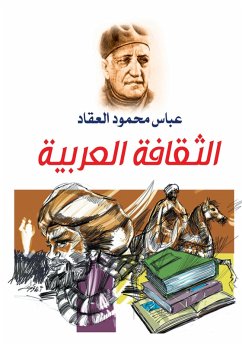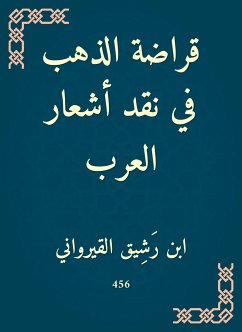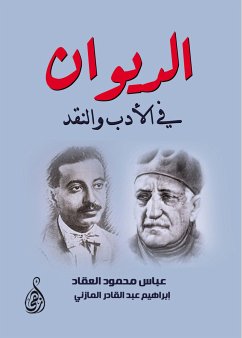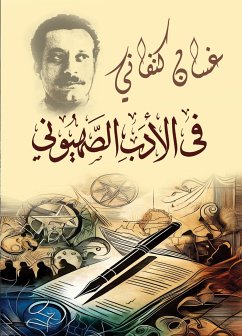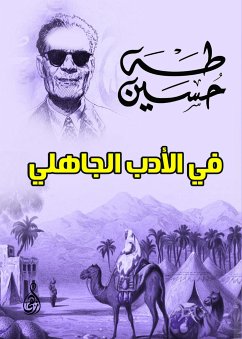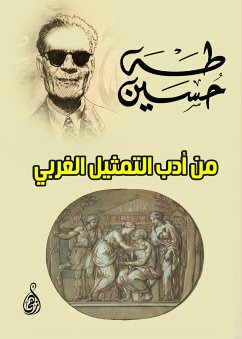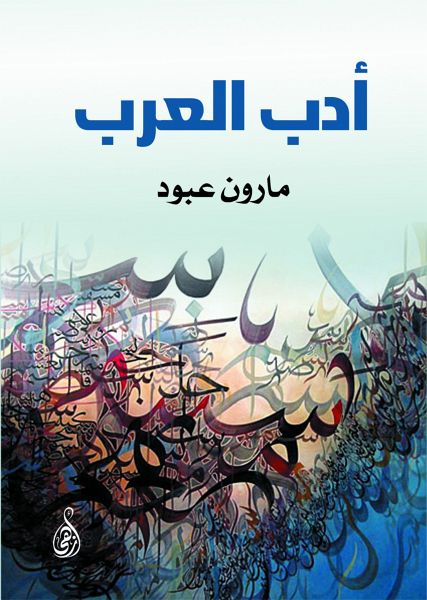
Arab literature (eBook, ePUB)

PAYBACK Punkte
0 °P sammeln!
Before Islam, the Arabs lived dispersed in tribes, not linked by common lineage, but rather by the tribal ties. The tribes were in constant wars and conflicts, to the point that if the tribe did not find anyone to invade, it invaded others, and they remained like this for a long time. When the Prophet, may God bless him and grant him peace, came, he tried Extinguishing the flame of pre-Islamic nervousness, it subsided a little, and the Arabs realized the value of union and committed to it, but the Arabs quickly returned to the discord they had been in, after his death, may God bless him and gr...
Before Islam, the Arabs lived dispersed in tribes, not linked by common lineage, but rather by the tribal ties. The tribes were in constant wars and conflicts, to the point that if the tribe did not find anyone to invade, it invaded others, and they remained like this for a long time. When the Prophet, may God bless him and grant him peace, came, he tried Extinguishing the flame of pre-Islamic nervousness, it subsided a little, and the Arabs realized the value of union and committed to it, but the Arabs quickly returned to the discord they had been in, after his death, may God bless him and grant him peace. The highest Arab ideal in morals was chivalry, the quality under which all noble qualities fall. Above all, generosity and courage. In this book, Maroun Abboud presents a summary of the history of Arabic literature, which makes it easier for the reader to familiarize himself with the subject, and saves him from looking at volumes and references. It deals with Arabic literature since the pre-Islamic era, reviewing the most prominent early poets and authors of the Seven Commentaries, then presenting the forms of literature, including poetry, prose, oratory and novels, in the era of early Islam, the Umayyad and Abbasid eras, all the way to the era of the entry of the Mongols and the fall of the Abbasid state. What Abboud called "the era of decadence," and finally he sheds light on the modern literary renaissance, examining the biography of its most prominent pioneers.
Dieser Download kann aus rechtlichen Gründen nur mit Rechnungsadresse in A, B, BG, CY, CZ, D, DK, EW, E, FIN, F, GR, H, IRL, I, LT, L, LR, M, NL, PL, P, R, S, SLO, SK ausgeliefert werden.




